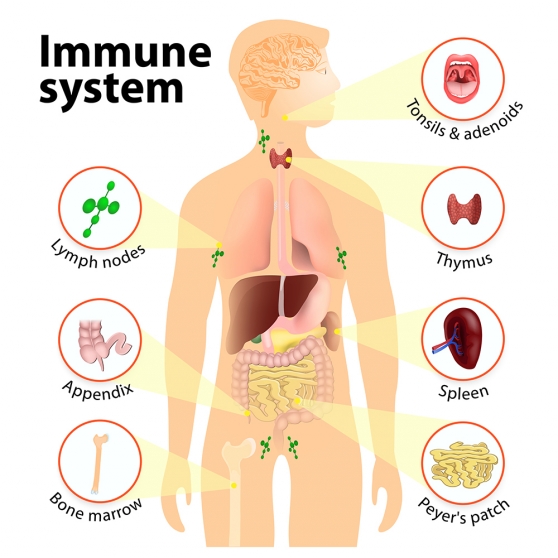Seasons Change — and So Does Your Body
In the winter, your immune system is compromised because your body is working harder to keep you warm. This extra work takes energy away from the immune system’s other duties, such as resisting bacteria and viral attacks. While simply stepping outside into the cold without a jacket won’t cause a cold, the lowering of the body's core temperature suppresses immunity — which can lead to colds. During the fall and winter months, you’re also likely to spend more time inside rather than outside. Close contact with family members can cause colds, the flu and other viruses to spread easily. You can combat this by regularly washing your hands and sanitizing home surfaces, such as doorknobs and faucets.
Reviewed by:
Review Date:
August 26, 2015Citation:
NCBI, "Benefits of Sunlight: A Bright Spot for Human Health" The Huffington Post, "The Surprising Ways The Weather Affects Your Health And Well-Being" Harvard Health Publications, "How does cold weather affect your health?" Consumer Reports, "5 cold-weather health hazards, and how to stay safe" dailyRx News, "Commonly Ignored Heart Attack Symptoms" CDC, "Hypothermia" CDC, "Frostbite" Arthritis Foundation, "Weather and Arthritis Pain" Image courtesy of Subbotina | Dreamstime.com Image courtesy of Soloway | Dreamstime.com Image courtesy of Designua | Dreamstime.com Image courtesy of Starast | Dreamstime.com Image courtesy of Arvitalya | Dreamstime.com Image courtesy of MinervaStudio | Dreamstime.com Image courtesy of Natallia Khlapushyna | Dreamstime.com Image courtesy of Per Björkdahl | Dreamstime.com Image courtesy of Igor Stepovik | Dreamstime.com Image courtesy of Burlesck | Dreamstime.com
Last Updated:
August 26, 2015
